Accelerating Your Discoveries
Governments are developing toward the integration of IP voice and data to achieve information and intelligence at government offices. Featuring multi-lingual and multi-level IVR services, the governments’ service hotlines allow citizens (callers) to solve their questions more quickly, striving to provide efficient and convenient government services.
Megnet adopts advanced IP communication technology based on IP PBX to integrate phone voice into the data network, providing the government with flexible IVR functions and other advanced communication functions such as phone recording, teleconferencing and mobile office, making the government information system more reliable.

Poor working environment
Dust, humidity and corrosive factors in the production environment can result in a high failure of commercial switches, which will affect the stability of the network.

Outdated technology
The traditional star network has no effective and fast recovery redundancy mechanism. The convergence time of spanning tree ring networks will be too long and there will be packet loss.

Difficult maintenance
The uneven technical skills of maintenance personnel result in difficult maintenance, and the long troubleshooting period greatly affects network operation efficiency.
Explore the Complete Solution Architectures
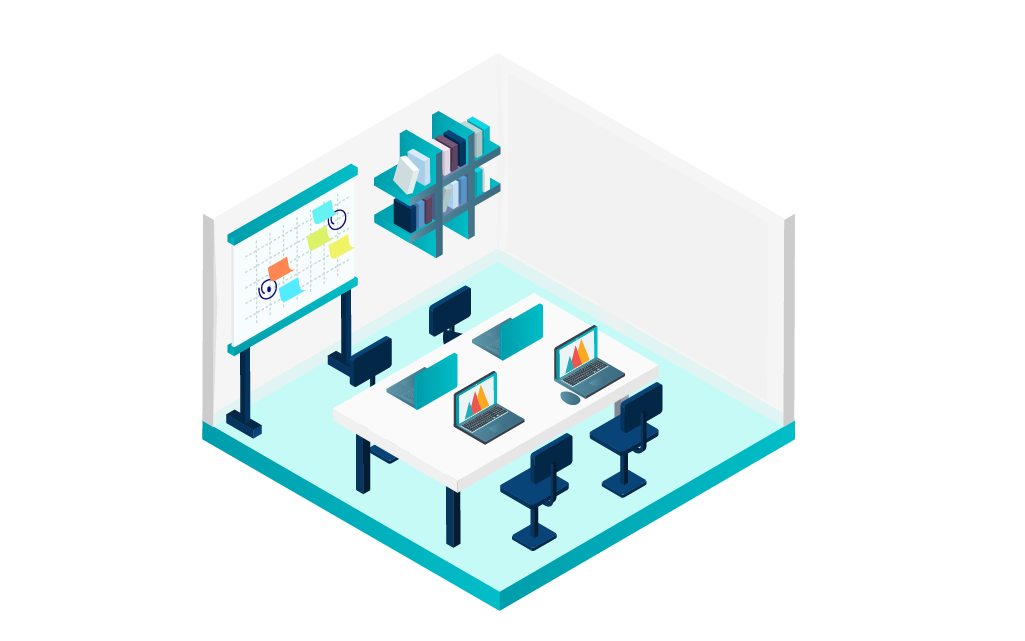
Advantages

Built-in IVR
Built-in IVR (Interactive Voice Response) has an automatic answering system to reduce the number of calls and save operating costs.

Direct Inward Dialing
Direct Inward Dialing numbers route calls to the person directly, without the need for a receptionist or phone menu, saves time.

Redundant Backup
IPPBX has redundant backup mechanism to ensure the reliable operation of the system at telecom level.
Automation System Network Solution on Factory
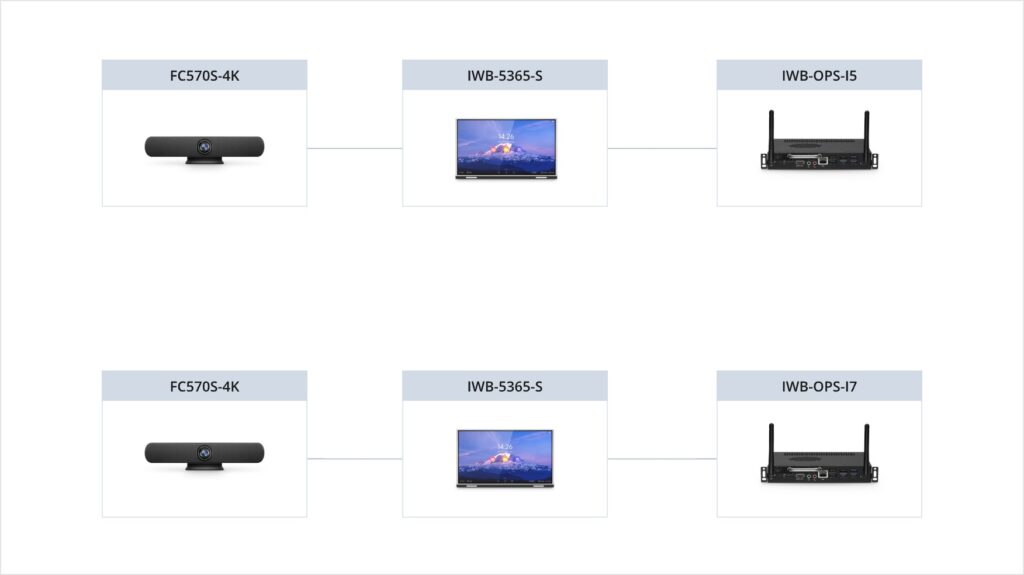
Solution Support
Solution & Benefits
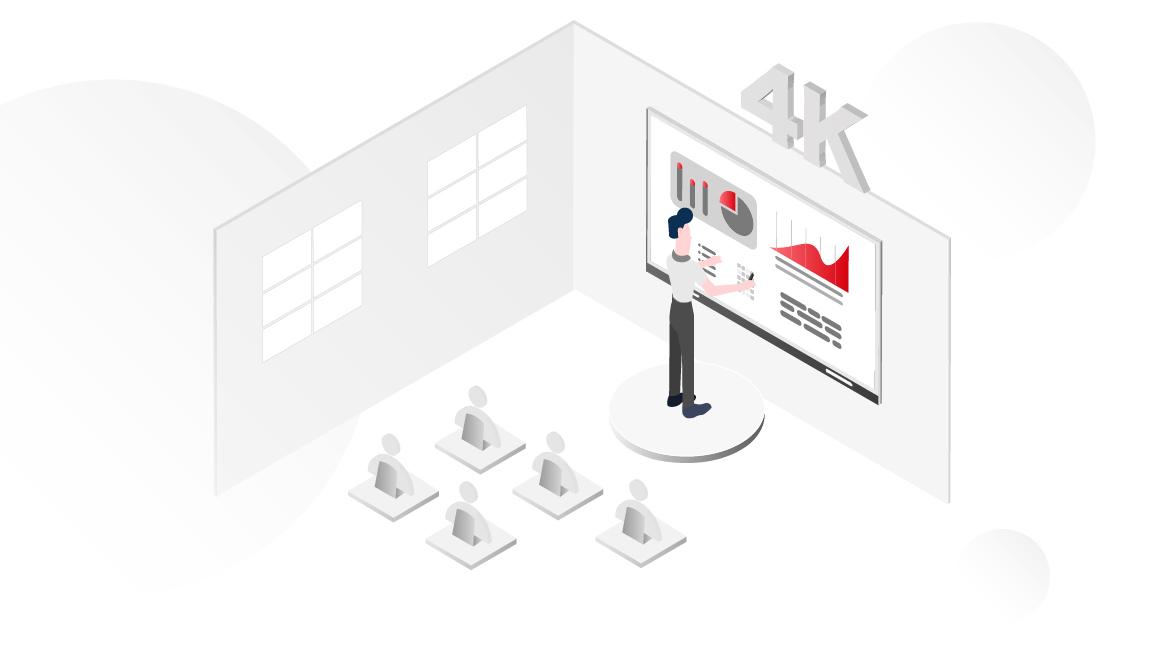
High-definition display
4K ultra-clear display, long-term viewing does not hurt the eyes, and high touch sensitivity to meet the teacher's daily writing.
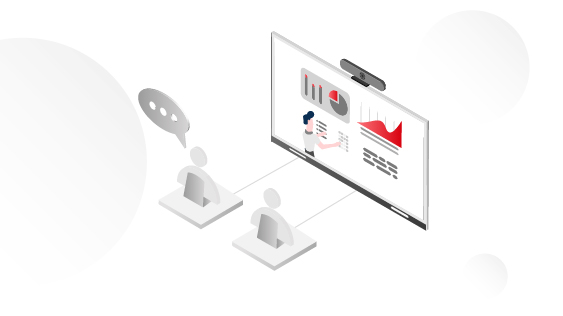
Excellent classroom experience
Through the 4K video all-in-one machine, remote students can also integrate into the classroom and enjoy fair and equal educational rights.
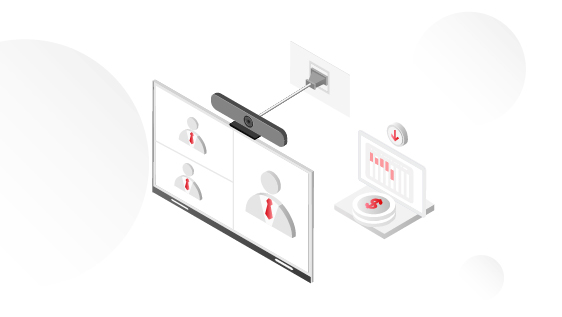
Convenient management
The audio and video all-in-one machine is a USB device, which only needs to be connected to the power supply, and there are basically no additional maintenance costs.



